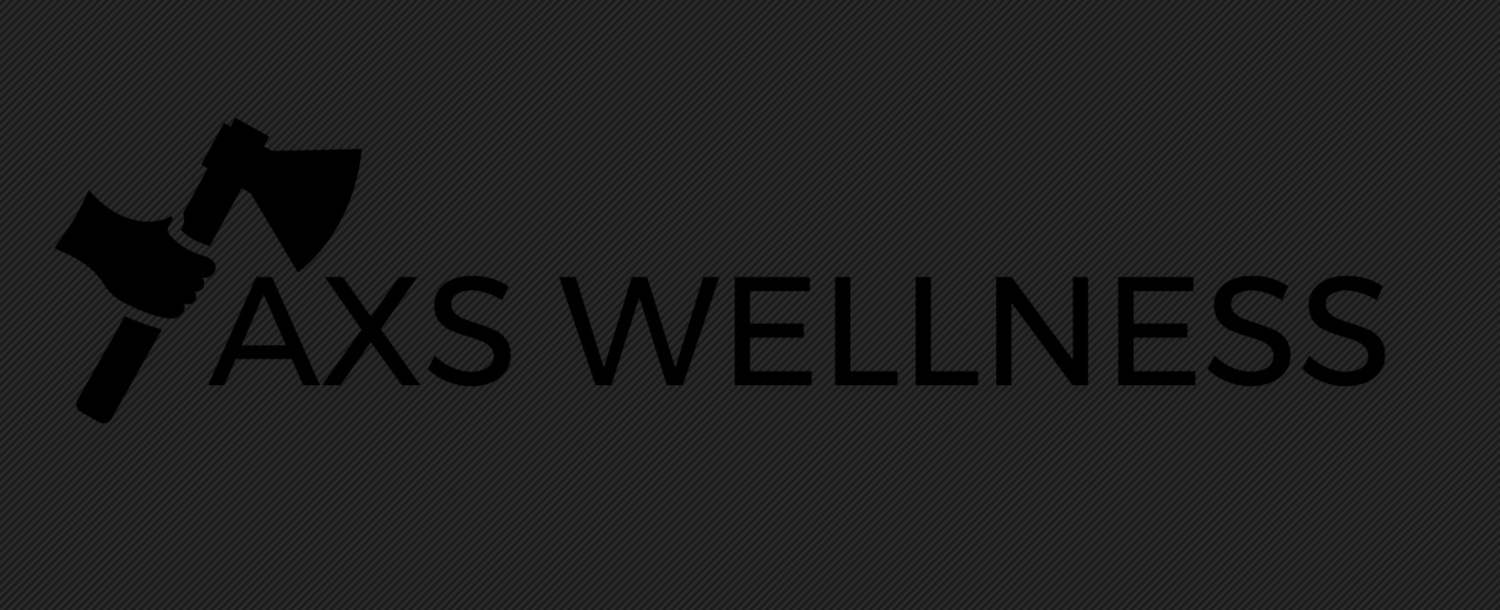sleep loss is killing first responders. what are we doing about it?
Please read the following research below & these educational articles written by Jacqueline Toomey as featured in Fire Engineering Magazine:
#1. Addicted to Awake:
https://www.fireengineering.com/health-safety/addicted-to-awake/
#2. Sleepless Heart:
https://www.fireengineering.com/health-safety/the-sleepless-heart-of-the-fire-service/
Research
According to the Journal of Clinical Sleep Medicine, in a study of almost 7000 firefighters, nearly 40% of Firefighters suffer from at least one of the following sleep disorders:
Insomnia
Work shift disorder
Sleep Apnea
Laura K. Barger, author of this sleep study discovered that firefighters with sleep disorders were more likely to report and seek treatment for cardiovascular disease, depression, diabetes, and anxiety. The findings of this research demonstrate the impact of common sleep disorders on firefighter health and safety, and show a connection to the two leading causes of death among firefighters. Unfortunately, of those found to suffer from a sleep disorder, 80% of these firefighters had no prior awareness of their disorder.
The studies released by the Institute of Medicine (US) Committee on Sleep Medicine and Research suggest that sleep loss (less than 7 consecutive hours per night) may have wide-ranging effects on the cardiovascular, endocrine, immune, and nervous systems, including the following:
Obesity
Diabetes and impaired glucose tolerance
Cardiovascular disease and hypertension
Anxiety symptoms
Depressed mood
Alcohol use
Researchers from the Stanford University School of Medicine published a 10-year study which found a relationship between suicide in adults and poor sleep quality, regardless of depression. Of 420 participants, 20 individuals with sleep deprivation committed suicide, showing that a sleep deprived person is 1.4 times more likely to commit suicide.
our first responder sleep recovery program combats sleep deprivation effects and offers proven sleep mitigation solutions.
Interested in bringing the First Responder Sleep Recovery Program to your department? Contact Jacqueline (720)-347-0269 or at firstrespondersleeprecovery@gmail.com. We look forward to partnering with your department to support the health and wellness of your members.
Firefighter & Fire Science Instructor Sean Toomey, Co-Founder of the First Responder Sleep Recovery Program, presenting the topic on how chronic sleep loss leads to psychological problems and suicide, and what we can do about it through evidence based research and practices at South Metro Fire Rescue.


